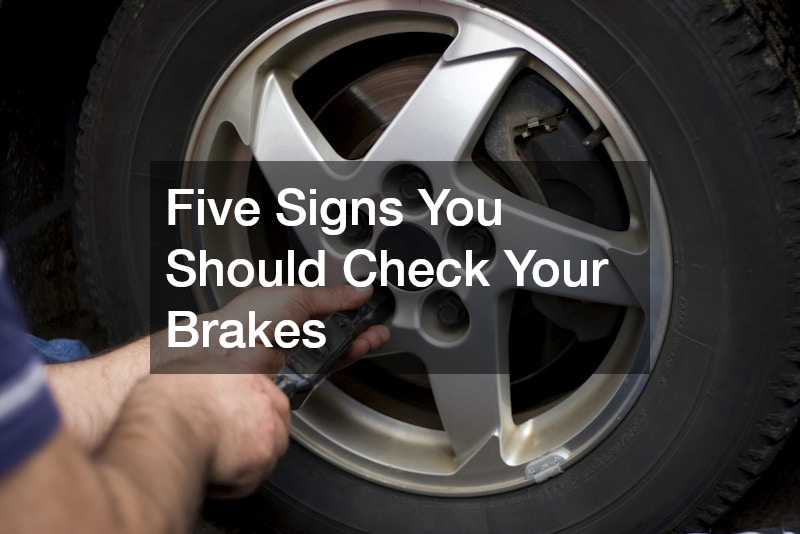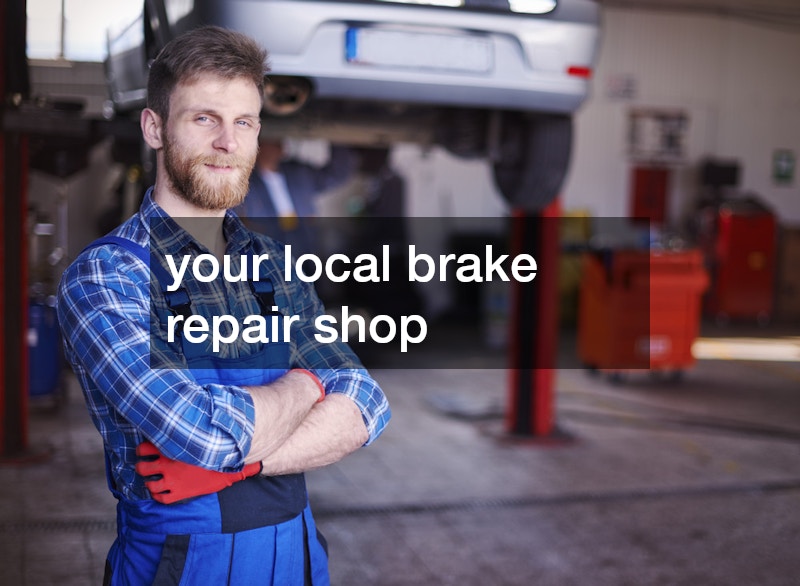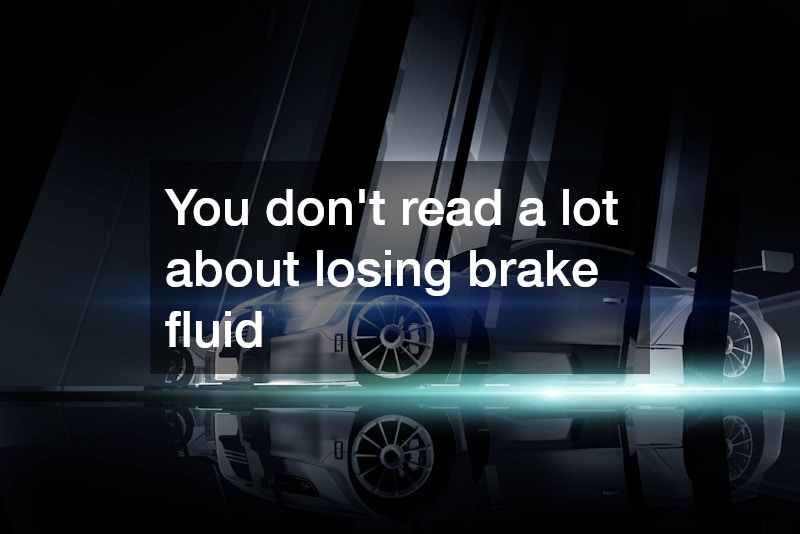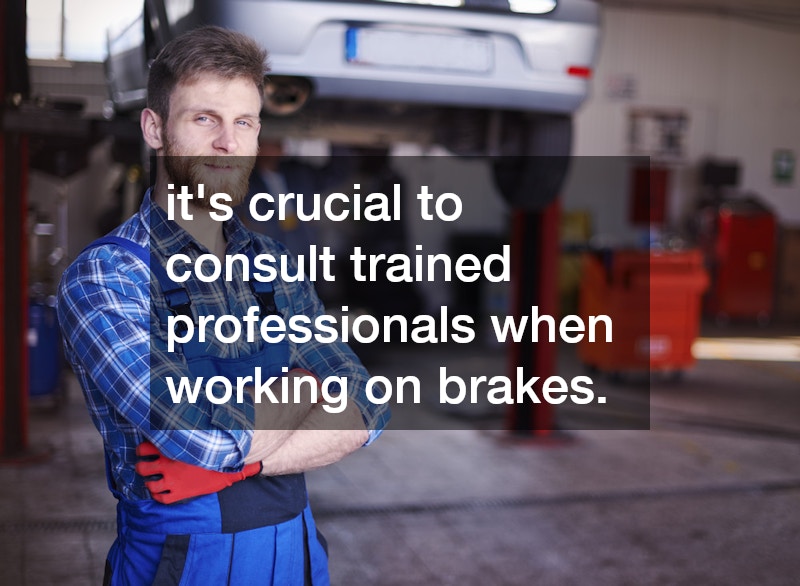
Every automobile should undergo a complete brake service once per year, according to Bechtech Automotive. Although the exact timing differs by make and model, each vehicle should have its brakes replaced every 30,000 to 70,000 miles. Vigilance in brake care can reduce the number of brake repair visits you and your car make to the mechanic.
Costs of Brake Repairs
Some car owners start by looking for auto brake shops that offer inexpensive brake repair, but repairing brakes costs about the same amount throughout the U.S. Broadly, a full brake job that replaces both the rotors and pads costs between $400 and $900 per axle. Whereas replacing only the pads costs about $350 per axle. Additionally, calliper replacement costs about $130 per calliper.
While the parts may not cost much, the tools required to do the job properly and hiring a professional mechanic, make it tough to find affordable brake repair. Labor for brake repairs costs between $90 and $200 per hour. It typically takes 30 minutes to two hours to replace brakes on a vehicle, depending on the level of corrosion and rust present, according to Diagnostic Mechanic. As always, it’s crucial to consult trained professionals when working on brakes.
In the world of auto repair, you don’t read a lot about losing brake fluid, but it happens, and it produces one of the most dangerous vehicle situations – faulty brakes. Whether your vehicle’s brake fluid leakage comes from the cylinder or the brake line, you need to take it to the shop as soon as you notice the fluid leakage.
Brakes that feel soft as you depress the pedal or fluid that forms a puddle beneath your vehicle provide the two signs of a brake cylinder leaking. Signs of your brake line leaking include those two symptoms, plus a warning light on the dashboard or touchscreen interface, the brake pedal touching the car floor, or difficulty stopping the car.
Sometimes, you won’t see a puddle under the vehicle. This happens when brake fluid leaks into the brake booster. If this occurs, it damages the brake booster, too.
If your brakes feel sluggish, visit your local auto mechanic or the service center at your local dealership. Addressing a brake issue as soon as you notice it keeps your vehicle healthier and helps ensure proper braking so you stay safer. Brake pads can also develop problems, which we’ll look at next.
Remember that brakes are one of the most important parts of your vehicle, so you have to make sure that you keep yours in the best possible shape. That said, if your brakes have been feeling a bit unreliable for a while, you should have them checked out on your next auto repair trip. Look into premium brake pads so that you get the best for your vehicle and improve your safety while driving. This is a detail that your local brake repair shop should help you figure out, given the fact that they have a lot of experience with brake pads from a variety of manufacturers.

Don’t forget that it’s crucial to also look into a brake cleaning service, for which you need to have a regular schedule. Dirt can erode your brake pads faster and leave you with faulty brakes that are worn before their time is due. Some brake parts may be a bit easy to clean by yourself, but you need to enlist the help of a professional if you want to get a thorough job done. It’s going to be well worth the money that you spend because you may discover that you don’t even have to replace the brake pads entirely.
When it comes to maintaining your vehicle, there are a lot of parts you should keep an eye on, including exhaust systems and radiators. But what about your brakes? While you might have a litany of excuses, ranging from a busy schedule to high brake pads replacement costs, don’t forget that your brakes are vital to your safety, as well as the safety of whoever may be in the car with you. For this reason, if you notice any of the signs below, you should have your brakes checked by a mechanic immediately.
Worn Pads
One of the best ways to see if its time to pay those brake pads replacement costs is to look at the pads themselves: simply look between the spokes of your wheels for the metal rotor inside. Around the outer edge, you should also see a metal caliper. The brake pad is located between these two parts, and should be at least a quarter of an inch thick. If it is any thinner, it should be replaced. If you notice that your brake rotors are pitted or scratched while you are inspecting the brake pads, they should also be replaced.
(Some car tires may not allow you to see the brake pad and rotor. In this case, you will need to remove the tire to check your car brake parts)

Odd Sounds
Do you hear a high-pitched squealing noise when you use your brakes? How about a harsh grinding sound? Both are signs that your brake pads need replacing, but the latter is especially serious: that grinding noise means you have worn through your brake pads, which might make it difficult to stop your car and could also damage your rotors. In this case, schedule a brake pad replacement immediately.
Pulling
If your car feels like it is angling in one direction when you drive or steer, there might be a problem with your brakes. While the pulling could be caused by unevenly inflated or worn tires, it could also be a sign of a stuck caliper, a collapsed brake hose, or uneven brake pads. For this reason, if you notice this sign, you should head to the closest mechanic’s shop.
Vibrations
While it is fairly normal to feel your car shudder when you brake suddenly, you should not feel vibrating when executing a normal stop. If you notice this phenomenon, you may have warped rotors, a common problem if you regularly drive in steep mountainous areas or frequently stop while towing heavy objects, as warping is caused by stress. This could also be a sign of misaligned wheels.
A Problematic Pedal
If your brake pedal goes almost all the way down to the floor when you try to stop or slow, you may have worn pedals or a problem with the hydraulic system, such as an air or brake fluid leak. Conversely, if your pedal grabs immediately when you brake, you may have an unevenly worn rotor, dirty brake fluid or moisture contamination. Finally, if your car is skidding and having difficulty stopping, you may have a brake line obstruction or a problem with the vacuum system. All of these issues require further inspection of your car, and possibly the help of a mechanic.
Do you notice any of these signs? Could it be time for a brake pad or rotor replacement? If so, prepare to pay those brake pads replacement costs to ensure the safety of your vehicle.




